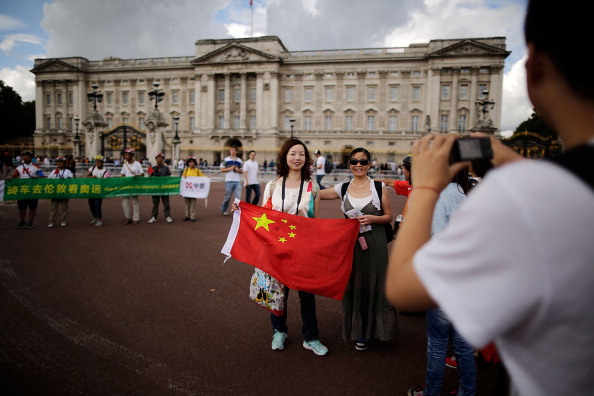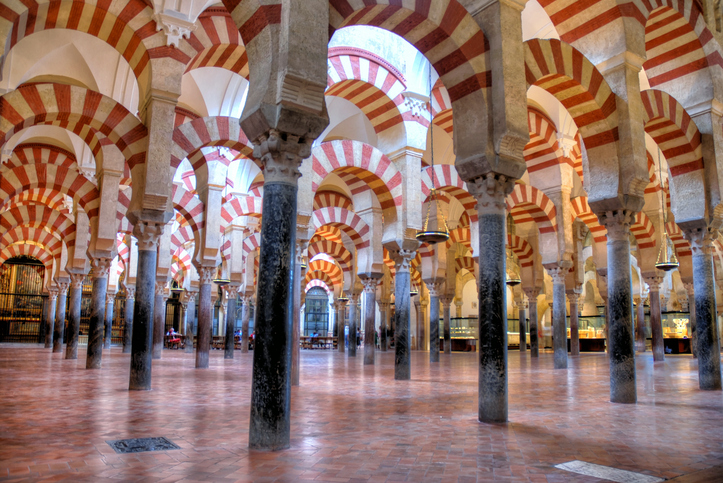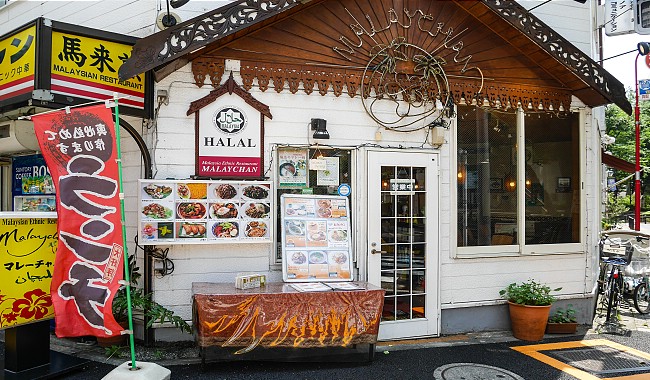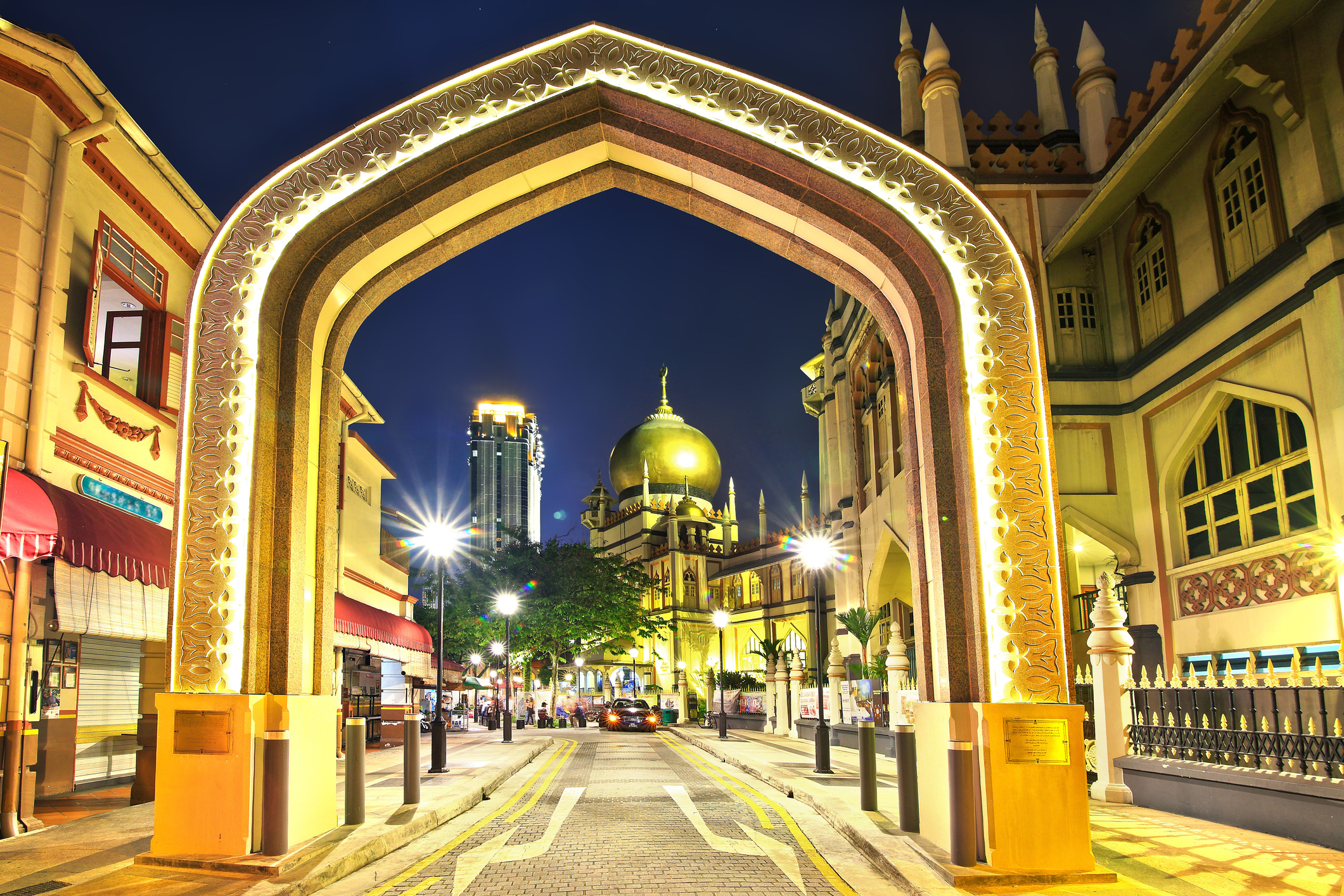The Muslim Millennial tourist market is on the rise -- and Singapore needs to do more to make sure that it doesn't miss out.
According to a study conducted by MasterCard and Halal Trip in Oct. 2017, Singapore ranked sixth for preferred tourist destinations for Muslim Millennials. The study surveyed 400 Muslim youths from around the world, aged 18 to 36.
Although Singapore was ahead of popular destinations like the U.K. and the US, it lost out to fellow ASEAN nations Indonesia, Malaysia and Thailand, as well as tourism heavyweights Japan and Australia.
A growing market
One of the sure signs of rising prosperity is an increase in the number of tourists.
During the 1960s after the Japanese economic miracle, Japanese tourists became a stock character in fiction, camera in hand and ready to take lots of photos.
Next was the Hawaiian-shirted American tourist, and today the Chinese tourist is a common sight. If the numbers hold up, the Muslim tourist could be the next big wave.
 Chinese tourists have their pictures taken outside Buckingham Palace on July 29, 2012 in London, England. (Photo by Matthew Lloyd/Getty Images)
Chinese tourists have their pictures taken outside Buckingham Palace on July 29, 2012 in London, England. (Photo by Matthew Lloyd/Getty Images)
According to the study, the Muslim demographic is expected to grow twice as fast as the overall world population growth between 2015 and 2060. By as soon as 2026, the expenditure by international Muslim travelers is expected to reach US$300 billion.
Because people under the age of 30 make up 60% of the population in majority-Muslim nations, or about 1 billion people today, this younger demographic is expected to drive a large amount of consumer spending in the years to come.
Special considerations for the Muslim tourist
While Muslim tourists share some universal concerns, like safety, affordability, and wi-fi access, they also have unique interests and needs that countries could do more to cater to.
The availability of halal food is an obvious example, but there are other considerations such as accessible prayer spaces or tourist packages based on Islamic culture and heritage.
 The Mosque–Cathedral of Córdoba (Spanish: Mezquita-Catedral de Córdoba), also known as the Great Mosque of Córdoba is the Catholic cathedral of the Diocese of Córdoba dedicated to the Assumption of the Virgin Mary and located in the Spanish region of Andalusia. (via Getty Images)
The Mosque–Cathedral of Córdoba (Spanish: Mezquita-Catedral de Córdoba), also known as the Great Mosque of Córdoba is the Catholic cathedral of the Diocese of Córdoba dedicated to the Assumption of the Virgin Mary and located in the Spanish region of Andalusia. (via Getty Images)
Nabilah Ayunni, a Singaporean who was interviewed for the study, gave her reasons for her interest in traveling to countries like Indonesia and Thailand:
"Thailand: It is a Muslim-friendly destination for a country that is predominantly Buddhist. The food is good and Thai people are warm. There are many Thai Muslims depending on where you go and it is not an expensive country.
Indonesia: Because it is cheap, rich in culture, with so many beautiful islands and finding Halal food is not an issue."
The Jeju Tourism Organization in South Korea was also interviewed for the study, for a service provider's view on the rising interest of Muslim travelers.
[related_story]
They said that most Muslim travelers to Jeju wanted unique experiences, such as to see snowfall and enjoy the cool weather.
But when asked about the challenges they faced in catering to this demographic, they said:
"There are not enough Muslim-friendly restaurants, accommodation, and certain types of infrastructure. In addition, there are no halal-certifi ed businesses on Jeju Island."
Countries like Japan, South Korea and Taiwan are actively targeting the Muslim tourist, with Japan leading the efforts to increase the availability of halal food options, before the 2020 Olympics in Tokyo.
 Pic from Japan Guide.
Pic from Japan Guide.
What Singapore should do
In Singapore, tourism numbers grew by 7.7 per cent in 2016, with 16.4 million visitors. Receipts also grew to S$24.8 billion.
However this followed a decline in 2015, with receipts totalling just $21.8 billion. The good showing in 2016 was largely attributed the growth of the China market.
To tap into the next big market, Singapore is well-poised to attract the Muslim tourist.
As Singapore already has a sizeable Muslim population and lots of halal food options available, we have the infrastructure in place and a head-start over non-Muslim countries in the region.
More could be done to emphasise Singapore's own Muslim heritage, with attractions like Kampong Glam and Masjid Sultan.
The "green dollar" is not to be underestimated -- and riding that wave could pay huge dividends in the years to come.
Top image from Getty Images.
If you like what you read, follow us on Facebook, Instagram, Twitter and Telegram to get the latest updates.

